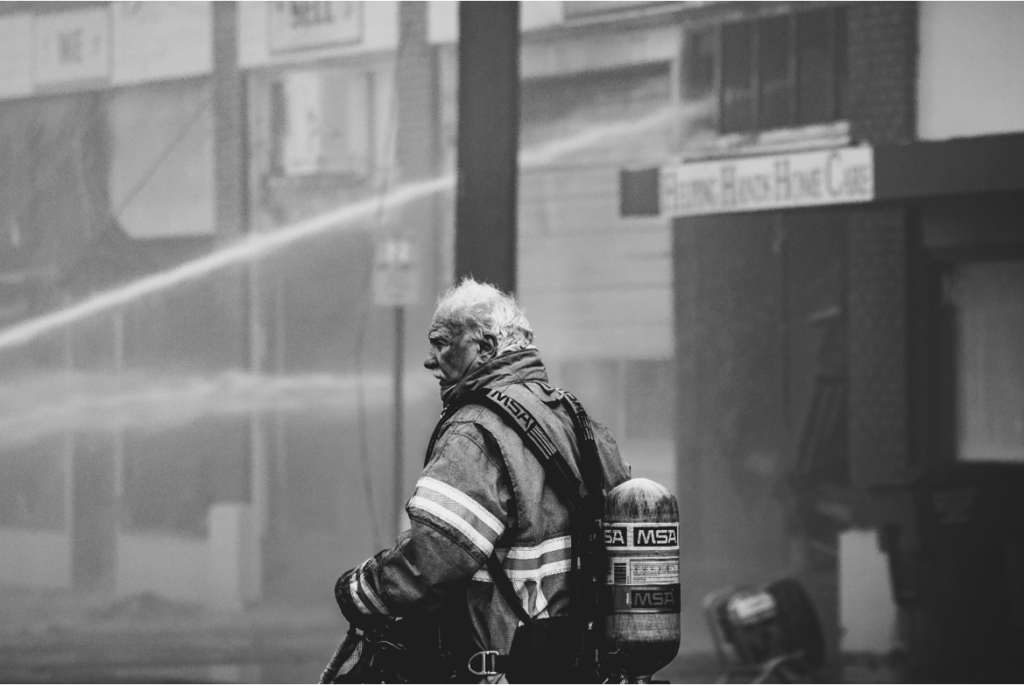Many people face problems at work, but few can be compared to the problems First Responders face.
The nature of this hazardous and high-risk job can create stress-related disorders, mental health problems, and trauma caused by intense working conditions.
Whether it’s a Firefighter witnessing burned-up bodies, extracting bodies from a crumpled car wreck, or responding to the scene of a natural disaster, First Responders experience the most challenging and traumatic experiences imaginable, while at work, often burying their reactions, so they can effectively continue to perform their rescues.
As a result, the rate of suicides is much higher among First Responders as compared to the general population. Not only this, PTSD, depression, multiple divorces, and substance use disorders are other reactions that First Responders may be dealing with.
If you’re a First Responder, there are supportive steps that can be used to aid in protecting yourself or your peers from traumatic workplace experiences.
Know the Signs
Mild depression and workplace stress can be managed effectively. Unfortunately, not all First Responders are aware or willing to accept support. Thankfully this trend is changing in the field with expansion and implementation of supports.
Common signs of trauma include:
- Extreme exhaustion and feeling of being overwhelmed
- Isolation
- Poor hygiene
- Nightmares
- Physical stress such as excessive sweating or heartbeat fluctuations
- Excessive worry
- Two or more divorces
If you notice any of these signs in a First Responder, counseling may help.
Use a Buddy System
Trauma can be prevented through peer support and companionship. A solid buddy system is designed to help First Responders share the burden of workplace stress with their peers. First Responders do best when they keep in close contact with their co-workers, identify stressors and talk openly about traumas, including into retirement.
Relaxation is a Must
This is easier said than done. The personality type of a First Responder is one of a doer and fixer of problems. Relaxation does not come naturally; they are always on the go.
Learning to relax in the off hours is critical. Incorporating healthy behaviors such as eating healthy, staying hydrated, getting sufficient sleep, will allow the First Responder to enjoy time with family, visiting relatives and friends, and more.
It’s also important to engage in at least one hobby at home to help keep the mind occupied. Staying busy and resting when needed is key. Most importantly, keep the lines of communication open with your loved ones and ensure you limit / cut out unnecessary drama and counterproductive people from your life.
Take control and take care of yourself, First Responder.
